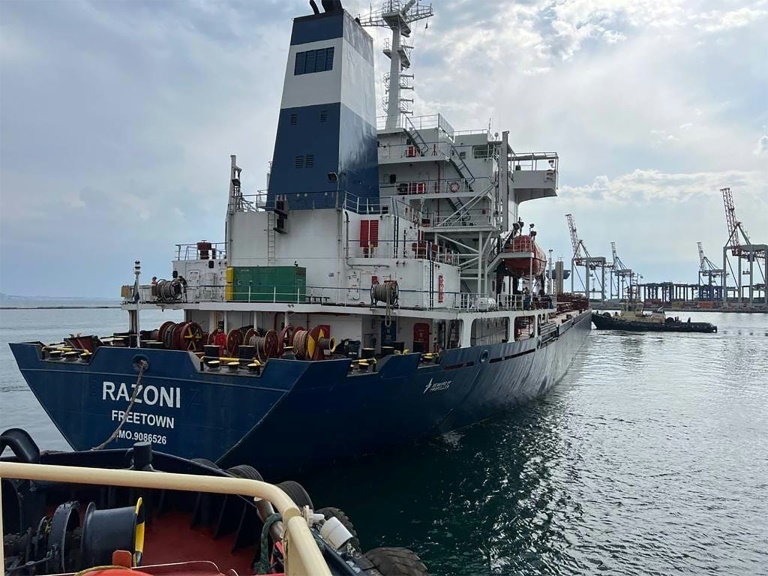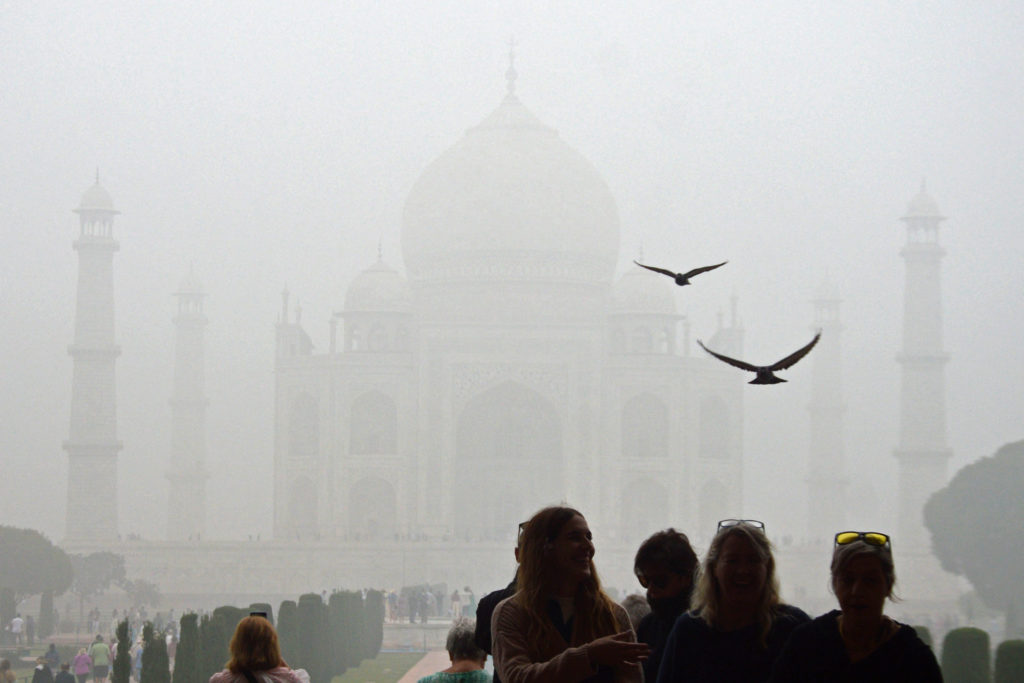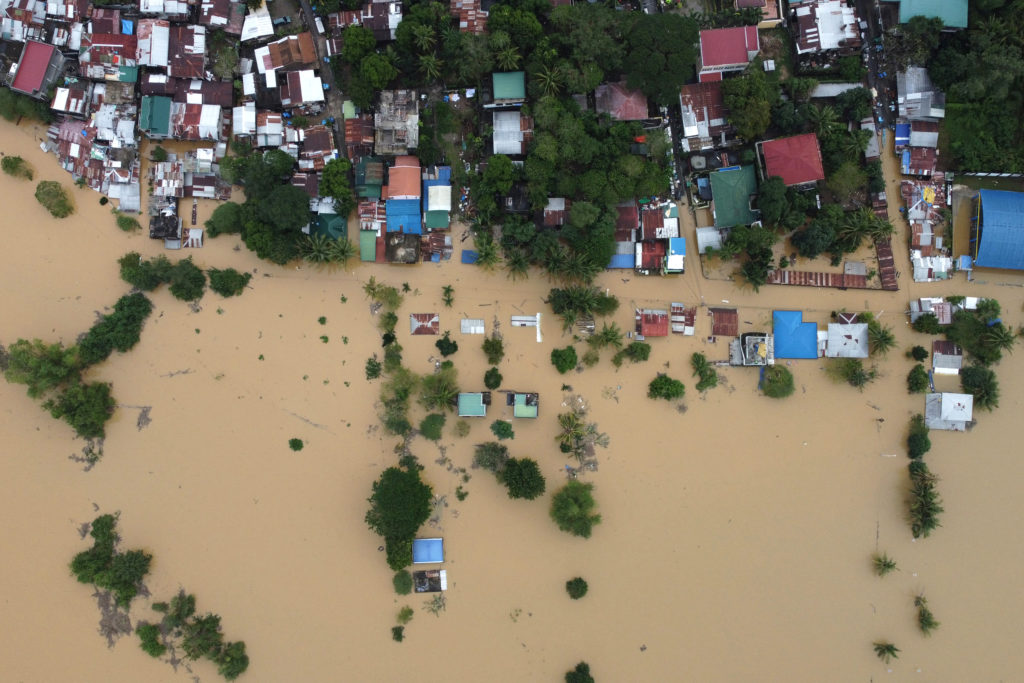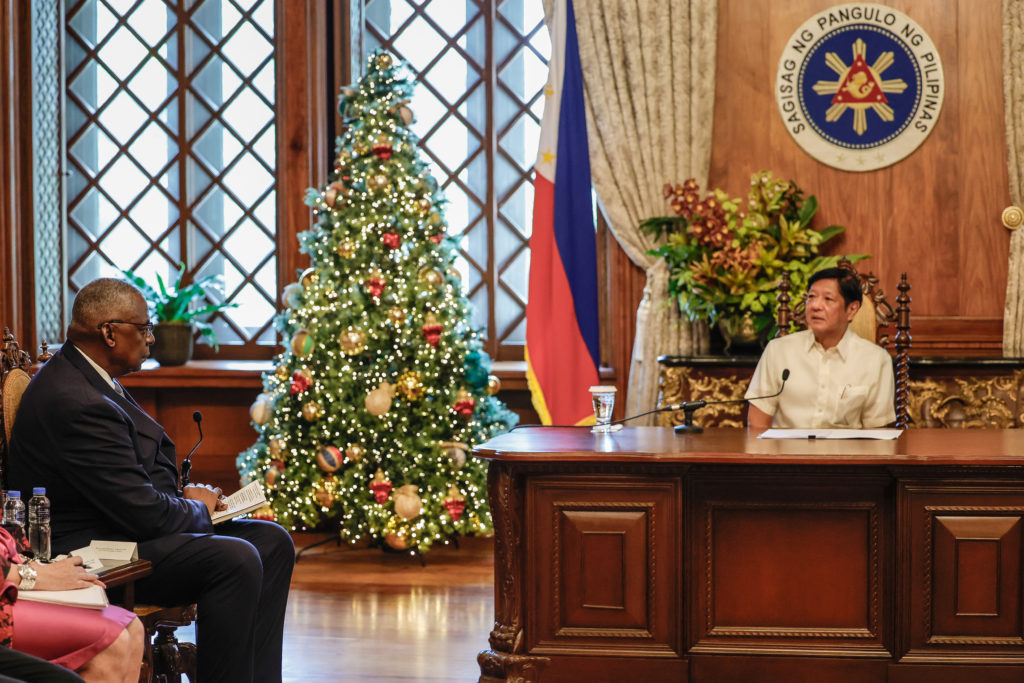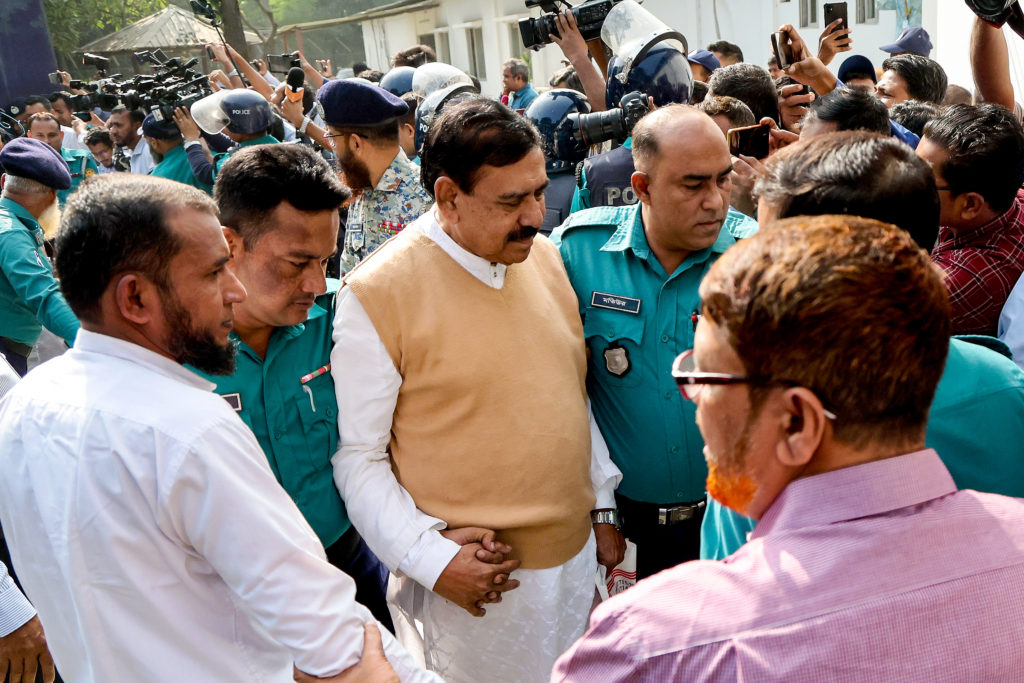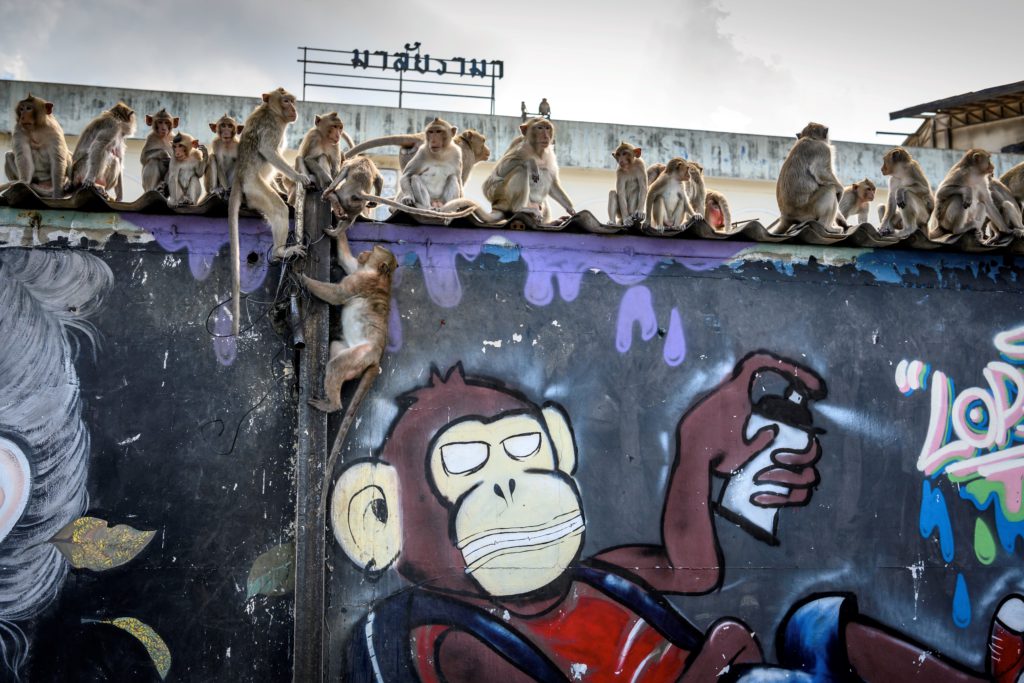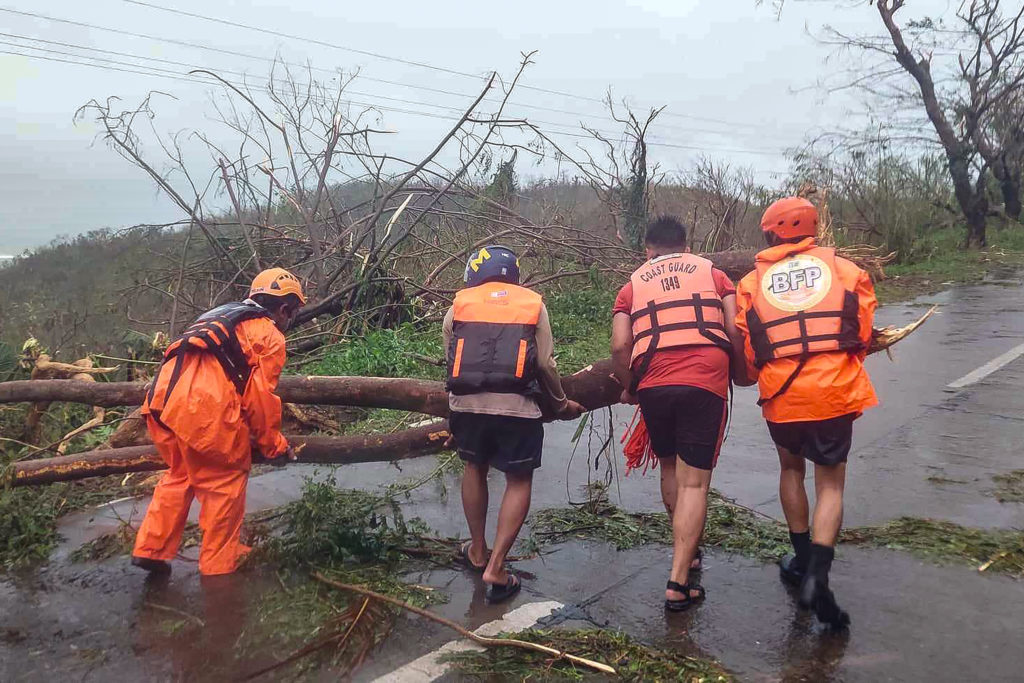The first shipment of Ukrainian grain since the Russian invasion in February left the port of Odessa on Monday under a landmark deal to lift Moscow’s naval blockade in the Black Sea.
The five-month halt of deliveries from Ukraine — one of the world’s biggest grain exporters — has contributed to soaring food prices, hitting the world’s poorest nations especially hard.
Kyiv said the departure of the Razoni cargo ship would bring “relief for the world” — if Moscow respected its side of the accord — but President Volodymyr Zelensky cautioned it was too soon to celebrate.
“At this time, it is too early to draw any conclusions and make any forecasts,” Zelensky said in his daily video address.
“Let’s wait and see how the agreement works and whether security will be really guaranteed.”
The breakthrough pact signed in July was the first significant accord involving Ukraine and Russia since Moscow invaded its neighbour on February 24.
Russian missiles struck Odessa the day after the deal was inked.
Officials said the Razoni, registered in Sierra Leone, was making its way through a specially cleared corridor in the mine-infested waters of the Black Sea with 26,000 tonnes of maize on board.
Ukrainian, Turkish and UN officials said more shipments should follow.
Despite progress on grain exports, Russian shells hit cities in the south and east, and western nations sent a new tranche of high-precision weapons to the Ukrainians.
Diplomatic tensions ratcheted up, with the United States, Britain and France rebuking Moscow for hinting it could use nuclear weapons and the Kremlin blacklisting 39 more high-profile British citizens.
Kyiv said it had received more precision rocket systems from the United States and Germany, adding to a growing arsenal of Western long-range artillery Kyiv says is changing dynamics on the battlefield.
Defence Minister Oleksiy Reznikov tweeted that four more high-mobility advanced rocket launchers (HIMARS) from Washington and the first in a batch of German MARS-II systems had arrived in Ukraine.
The new $550-million package of US military aid brings to more than $8.0 billion the total committed to Ukraine since President Joe Biden took office, US National Security Council spokesman John Kirby told reporters.
On the diplomatic front, Washington, London and Paris used a review of a key United Nations nuclear treaty to rebuke Moscow for “irresponsible and dangerous” talk about possibly deploying nuclear weapons.
Russian President Vladimir Putin rebuffed the accusation, telling the Tenth Nuclear Proliferation Treaty Review Conference there could be “no winners” in a nuclear war and it should “never be unleashed”.
The Kremlin nevertheless accused Britain, one of Kyiv’s most vocal supporters, of deliberately worsening relations between Russia and the West.
It blacklisted 39 British citizens, including Labour Party leader Keir Starmer and former prime minister David Cameron, saying they “contribute to the hostile course of London, aimed at the demonisation of our country and its international isolation”.
On the ground, Russian shelling killed three people in the space of 24 hours in the eastern Donetsk region, regional head Pavlo Kyrylenko said.
In the southern city of Mykolaiv the governor said “massive” Russian shelling overnight had wounded three people, damaged homes and aid supplies.
Mykolaiv is the closest city to the southern front. Ukrainian forces are looking to launch a major counter-offensive there to recapture territory lost to Russia after its invasion on February 24.
On Monday, Kyiv said its troops had retaken more than 40 settlements in the key southern region of Kherson.
– Ships ‘waiting to leave’ –
The first grain shipment from Ukraine offered a glimmer of hope.
United Nations secretary general Antonio Guterres, who brokered the plan alongside Turkey, welcomed the Razoni’s departure. The European Union and NATO hailed it as a first step.
The Kremlin hailed the “very positive” development, saying it was a “good opportunity to test the effectiveness of the mechanisms” agreed in Istanbul.
Turkey said the Razoni was expected to arrive on Tuesday in Istanbul, where it would be inspected before continuing its journey.
Other convoys would follow, it said.
Ukraine has worked to boost grain deliveries by train, road and up the river Danube but this has still left a large shortfall compared to what the country was able to export by sea before the war.
Kyiv has repeatedly accused Russia of seizing and illegally exporting cereals from regions it occupies.
Ukrainian Infrastructure Minister Oleksandr Kubrakov said 16 more ships, blocked since the start of the invasion, were “waiting for their turn”.
Guterres said the World Food Programme was planning to “purchase, load and ship an initial 30,000 metric tons of wheat out of Ukraine on a UN-chartered vessel”.

